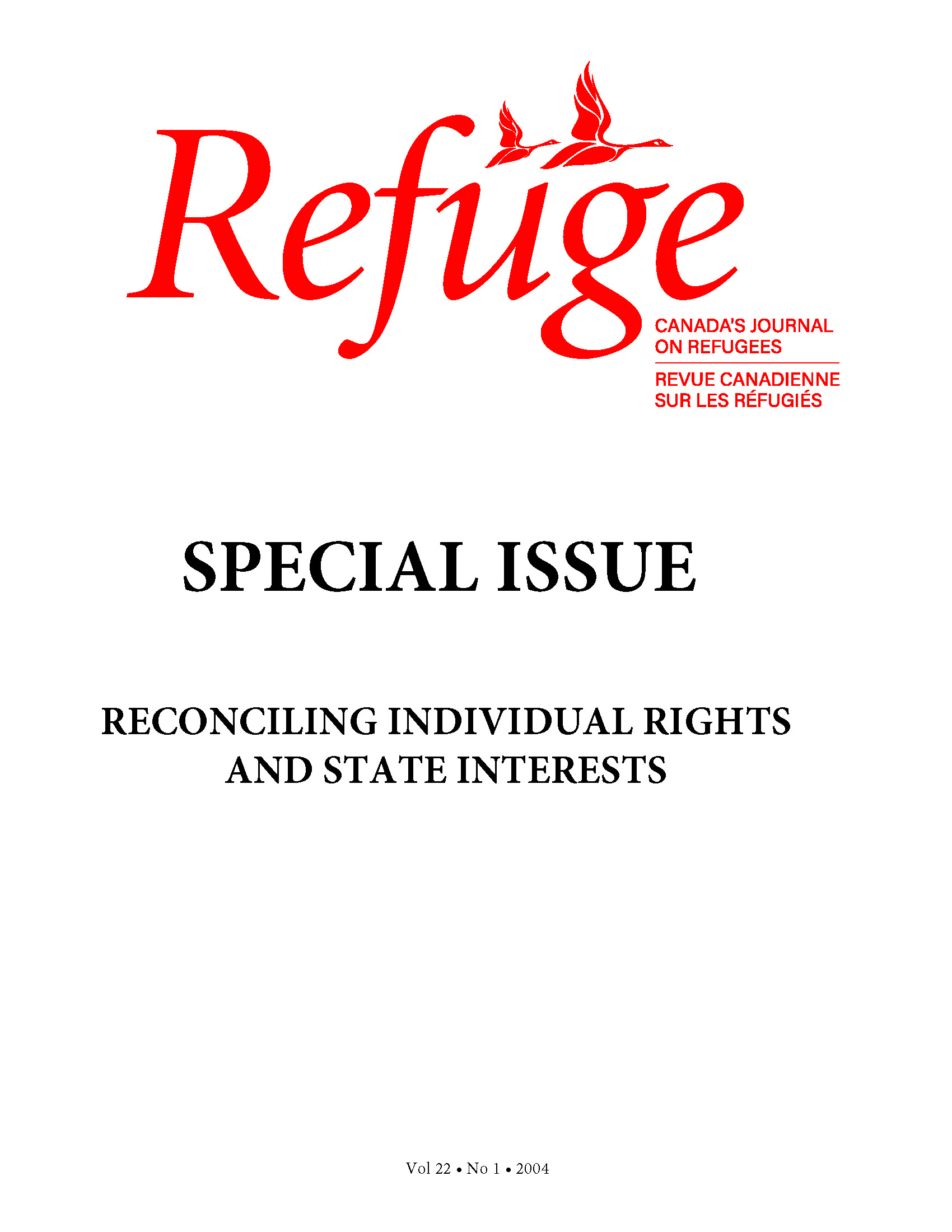Complementary Therapies for Treating Survivors of Torture
DOI:
https://doi.org/10.25071/1920-7336.21324Keywords:
refugees, torture, pain, healing, psychotherapy, bodyworkAbstract
The long-term consequences of torture are complex, multidimensional, and pervasive. Torture leaves indelible scars in the mind, body, and cultural world of survivors, compromising their health and well-being. A clearer understanding of biological, psychological, and socio-cultural mechanisms underlying these difficulties is emerging. Research findings on pain are relevant for those suffering from post-traumatic stress disorder (PTSD) and its associated chronic pain. Rehabilitation programs require crossdisciplinary knowledge and expertise, including of complementary therapies. This article explores the use of complementary therapies in which psychotherapy, in concert with either physiotherapy or bodywork, is offered. Case studies illustrate its application and potential benefits. The clinical experience in controlled circumstances suggests the thesis that complementary therapies advance the psychological and physical healing process.Metrics
Downloads
Published
How to Cite
Issue
Section
License
Copyright (c) 2004 Claudia María Vargas, Deborah O’Rourke, Malshid Esfandiari

This work is licensed under a Creative Commons Attribution-NonCommercial 4.0 International License.
Refuge authors retain the copyright over their work, and license it to the general public under the Creative Commons Attribution-Non Commercial License International (CC BY-NC 4.0). This license allows for non-commercial use, reproduction and adaption of the material in any medium or format, with proper attribution. For general information on Creative Commons licences, visit the Creative Commons site. For the CC BY-NC 4.0 license, review the human readable summary.







